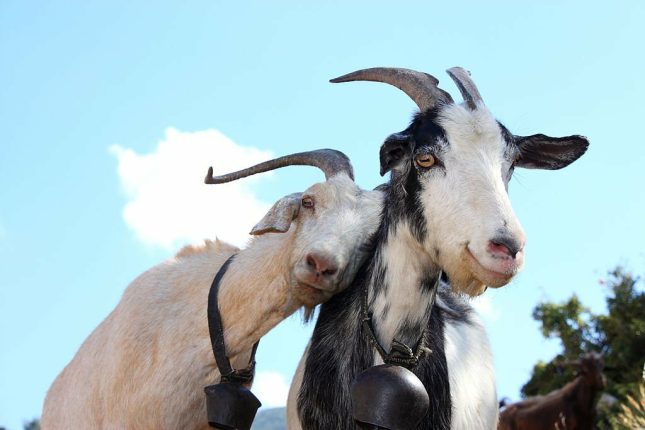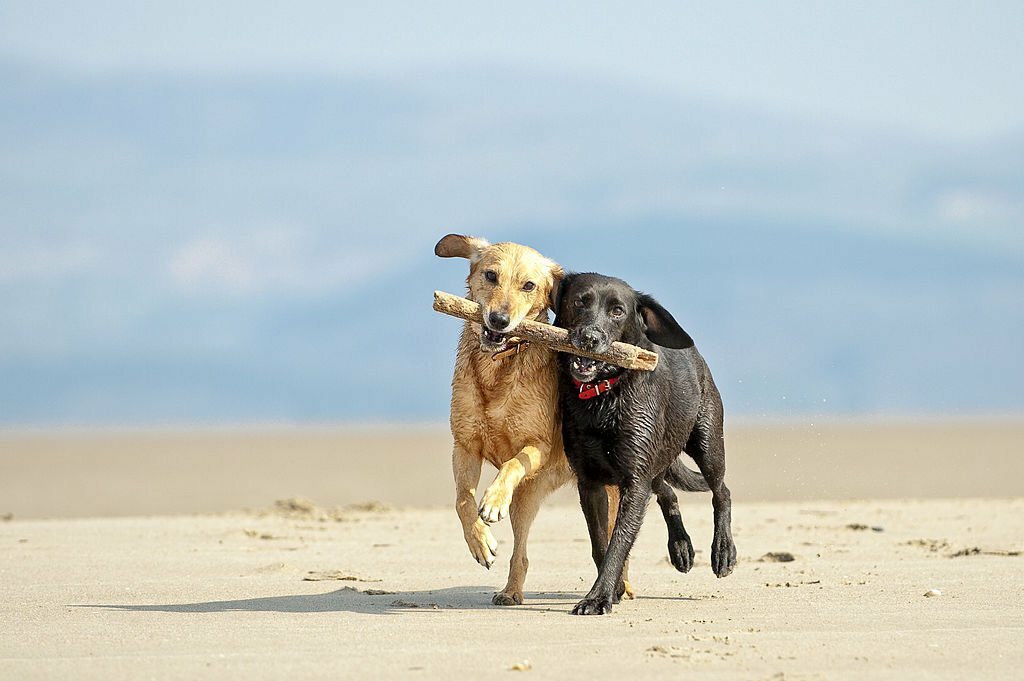Table of Contents
Unlock the secrets of animal emotions in our in-depth exploration: “Can animals establish a traumatic bond?” Discover the signs, coping mechanisms, and the crucial role of veterinary care. Learn how positive relationships and timely intervention contribute to animal well-being. Get expert insights now.
Traumatic bonding in animals is a complex phenomenon that raises intriguing questions about the emotional lives of our fellow creatures. Understanding how animals establish traumatic bonds is essential for ensuring their well-being. Let’s delve into this fascinating topic.
Understanding Traumatic Bonding
Definition of Traumatic Bonding in Animals
Traumatic bonding refers to the emotional connection formed by animals in response to traumatic experiences. It involves a deep and lasting bond shaped by shared distress.
How Animals Form Emotional Connections
Animals, much like humans, form emotional connections through shared experiences. Traumatic events can strengthen these bonds, creating a unique and profound connection.
Types of Trauma in Animals
Animals can experience various types of trauma, including abuse, neglect, or exposure to distressing situations. Each type can leave a lasting impact on the animal’s emotional state.
Indicators of Traumatic Bonding in Animals
Identifying traumatic bonding in animals requires keen observation. Behavioral changes, altered social interactions, and physiological responses can be indicative of a traumatic bond.

Case Studies
Notable Instances of Traumatic Bonding in Animals
Numerous cases highlight animals forming traumatic bonds. From rescued pets to animals in captivity, these instances shed light on the depth of emotional connections animals can establish.
Impact on Animal Behavior
Understanding the impact of traumatic bonding on animal behavior is crucial. It can manifest in various ways, affecting an animal’s ability to trust, form relationships, and engage in normal activities.
Can Animals Establish a Traumatic Bond?
Exploring the Possibility
Yes, animals can establish a traumatic bond, also known as an attachment bond, which is a strong emotional connection that develops between two individuals who have shared a traumatic or stressful experience. This bond is characterized by conflicting emotions of fear, dependence, and attachment.
Factors Influencing Traumatic Bonding
Human-Animal Relationships
The nature of the relationship between humans and animals plays a significant role. Positive relationships can mitigate trauma, while negative ones may contribute to the development of traumatic bonds.
Environmental Factors
The environment in which an animal lives can impact its susceptibility to traumatic bonding. Stressful environments, such as those with loud noises or crowded conditions, may increase the likelihood of trauma. Click to read about Is Gymnastics The Hardest Sport.
Duration of Traumatic Events
The duration and intensity of traumatic events also play a role. Prolonged exposure to distressing situations can deepen the emotional impact on animals.
Signs and Symptoms
Behavioral Changes
Animals experiencing traumatic bonding may exhibit changes in behavior, such as aggression, withdrawal, or excessive attachment. These shifts reflect the emotional toll of trauma.
Physiological Responses
Trauma can elicit physiological responses in animals, including changes in heart rate, appetite, and sleep patterns. Recognizing these signs is crucial for addressing the emotional well-being of the animal.
Coping Mechanisms in Animals
How Animals Cope with Traumatic Bonding
Animals exhibit resilience in coping with traumatic experiences. Understanding their coping mechanisms is essential for providing effective support and care.
Resilience in Animal Psychology
Research indicates that animals possess remarkable resilience in the face of trauma. This resilience is a testament to the adaptability and strength inherent in the animal psyche.
The Role of Veterinary Care
Importance of Recognizing Traumatic Bonding
Veterinary professionals play a crucial role in recognizing and addressing traumatic bonding in animals. Early identification allows for timely intervention and support.
Treatment Approaches for Traumatized Animals
Various therapeutic approaches, including behavioral interventions and supportive care, can aid traumatized animals in recovering from traumatic bonding. Collaborative efforts between veterinarians and animal caregivers are essential.
People also ask
Can animals recover from traumatic bonding?
Yes, with proper care and support, animals can recover from traumatic bonding. Veterinary intervention, behavioral therapy, and a nurturing environment contribute to the healing process.
Is it ethical to expose animals to potential trauma?
Ethical considerations should prioritize the well-being of animals. Intentionally exposing animals to trauma is not ethical, and efforts should be made to create safe and enriching environments.
Can domesticated animals experience trauma?
Yes, domesticated animals can experience trauma, often stemming from abuse, neglect, or significant changes in their environment.
How can pet owners help animals cope with trauma?
Pet owners can support traumatized animals by providing a secure and comforting environment, seeking professional veterinary advice, and incorporating positive reinforcement in their care.
Are certain animal species more prone to traumatic bonding?
While susceptibility may vary among species, any animal can experience traumatic bonding. Factors such as individual temperament and past experiences play a crucial role.
Can trauma bonding affect an animal’s lifespan?
Untreated traumatic bonding may have long-term effects on an animal’s well-being, potentially impacting lifespan. Timely intervention and proper care can mitigate these effects.

